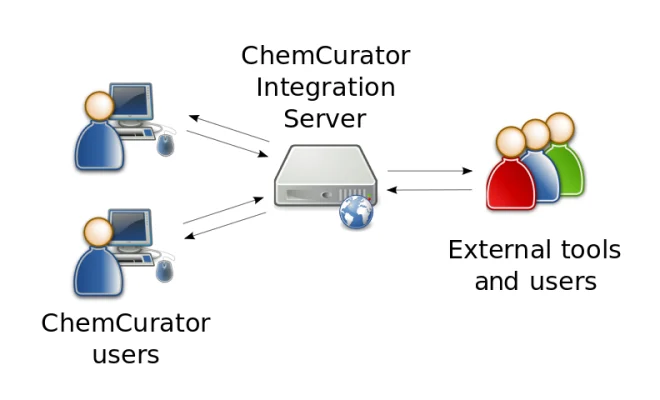What is Integration Server?

Integration Server is an essential component of service-oriented architecture (SOA) which acts as a bridge between various software applications, devices, and the cloud. It plays an important role in creating, deploying, and managing these connections. It facilitates communication between different systems, maintains data consistency, and ensures uninterrupted data flow. This article will explain what integration server is, how it works, and its benefits.
What is Integration Server?
Integration Server is a middleware platform that enables smooth integration of disparate applications, data, and systems to create a unified IT infrastructure. It is designed to streamline the flow of data between numerous systems, databases, and applications by connecting them in a real-time environment. Integration Server acts as a mediator and aggregator, enabling communication between applications and services using different protocols, data formats, and interfaces.
How Does Integration Server Work?
Integration Server works by providing a set of tools and connectors that allow developers to create, execute, and monitor workflows or business processes. These workflows can be simple or complex and involve multiple systems or applications. The Integration Server can handle various types of data, such as SOAP, REST, XML, JSON, and others, making it versatile enough to integrate any type of system.
The Integration Server operates across multiple runtime environments, such as Java, .NET, or Node.js, to provide a uniform integration platform. It can execute code in these primary platforms and support various deployment models, such as on-premises, cloud-based, or hybrid.
Benefits of Integration Server
Integration Server provides various benefits that simplify the integration of heterogeneous systems, including:
1. Minimize manual intervention: Integration Server automates the flow of data between multiple systems, eliminating the need for manual intervention, which reduces errors and increases efficiency.
2. Scalability: Integration Server can handle high volumes of data between diverse systems, enabling scalability that makes it suitable for large-scale operations.
3. Improved data quality: Integration Server helps maintain data accuracy by ensuring that data formats are consistent across all connected systems.
4. Flexibility: Integration Server supports multiple protocols, data formats, and interfaces, making it an extremely versatile integration platform.
Conclusion
In today’s fast-paced digital world, businesses require a flexible and reliable way to integrate their systems effectively. Integration Server provides a solution that simplifies this process by providing a platform that automates data flow across heterogeneous systems. By using this middleware solution, companies can improve efficiency, scalability, and data quality. Integration Server is a strategic choice for modern businesses looking to compete and innovate in their respective markets.






